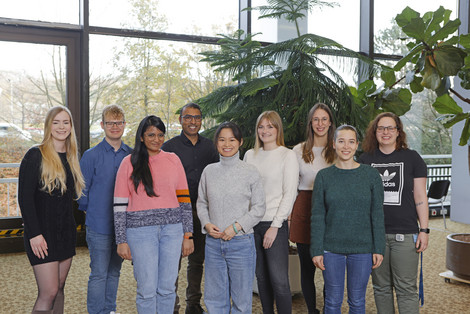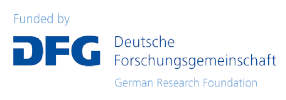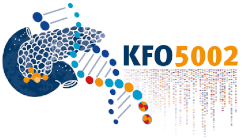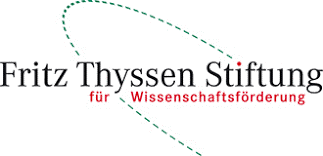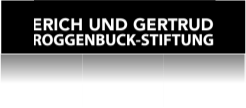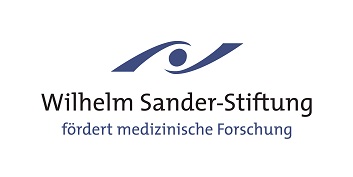Working group Singh
Transcriptional Reprogramming in Cancer Plasticity Lab
Why is pancreatic cancer research so important?
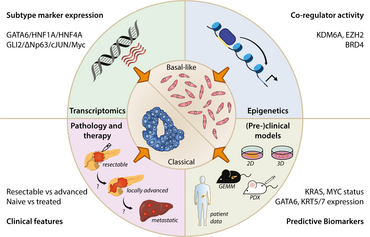
The 10-year survival rate of pancreatic cancer (PDAC) patients is around 1%. Mortality rates in other cancers have considerably declined during the last decade, while PDAC is anticipated to become the second leading cause of cancer-related death by 2030. In Germany, around 18,000-to-20,000 people are diagnosed with PDAC annually. However, during this time period, almost equal number of patients died due to the severe disease complexity. On the one hand, incidence and mortality of PDAC are significantly associated with aging, which is a major in many European countries where the populations are aging rapidly. The hallmarks of PDAC include early tumor invasion, followed by local or distant metastasis, in more than 80% cases at the time of diagnosis. Unfortunately, PDAC patients who undergo surgical resection (20% of cases), often exhibit local or distant tumor recurrence because of the resilient micro-invasive tumor cells. Presently, surgical resection followed by an extensive chemotherapy remains the treatment option in all PDAC patients. Unfortunately, however, one third of PDAC patients’ exhibit tumor relapse within 3 years. While personalized therapeutic approaches are extremely limited, there is an urgent need for advancing molecular screening-based individualized stratification that may improve overall prognosis in PDAC patients.
Major biomedical challenges in pancreatic cancer prognosis and treatment
The complex molecular heterogeneity in tumor and stromal immune compartments resists conventional therapies and contributes to dismal prognosis and thus limits the patient stratification based therapy. Identification of transcriptomic-based subtypes has improved the early prognosis and therapeutic interventions in PDAC patients. For instance, transcriptomic profiling in PDAC specimens has revealed two distinct subtypes; the ‘classical’ and ‘basal-like’. The basal-like subtype is decisively linked to worse prognosis and therapy resistance, whereas the classical subtype is associated with a good prognosis. For details, please see our latest review article published in Trends in Cancer 2022 (PMID: 36117109).
How can we understand the disease complexity of pancreatic cancer?
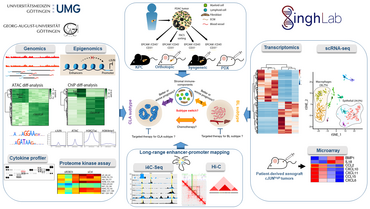
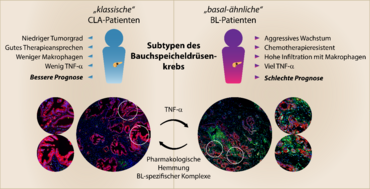

Our Max-Eder research group is particularly interested in the precision medicine and translational cancer research. We strongly believe that a better molecular understanding of the complex tumor and stroma heterogeneity could significantly improve disease prognosis and therapy response in PDAC patients. Our most recent study demonstrates the molecular cross-regulatory networks between neoplastic subtypes and their associated stromal immune microenvironment in PDAC aggressiveness. We identified how these neoplastic subtypes shape the stromal immune microenvironment and thus modulate prognosis in preclinical models and patient-derived xenografts, including PDAC patient specimens. Specifically, our research group found that neoplastic-specific lineage-programs that determine intrusion of TNFα+-producing immune cells in the tumor microenvironment, and thus affect PDAC aggressiveness, resistant and overall prognosis. For further details, please see our recent publication in Nature Cancer 2021 (PMID: 35122059) and its preview in Cancer Discovery 2022 (PMID: 34862194).
On the other hand, metastatic pancreatic cancer (PDAC) has a poor clinical outcome with a 5-year survival rate below 3%. We have recently identified a new player, ‘axon guidance receptor ROBO3’ that promotes the metastatic and chemoresistant subtype in PDAC. Genetic or pharmacological inactivation of the ROBO3 signaling reduced ascites as well as liver metastases and restored chemosensitivity. In sum, this study uncovers a novel key mechanism in the regulation of metastatic subtype specification and supports current therapeutic concepts in PDAC aiming at subtype interference to overcome resistance. For further details, please see our recent publication in JCI Insight 2022 (PMID: 35993361).
What is still unknown?
- To what extent do tumor-extrinsic or -intrinsic events lead to pancreatic cancer heterogeneity during different clinical stages?
- How do chemo- and radiation therapy regulate pancreatic cancer plasticity and induce inflammatory tumor microenvironment?
- Can combining chemotherapy with subtype-specific epigenetic-transcriptional inhibitors be used to overcome unfavourable subtype switch?
- How can we exploit knowledge on subtype switching to improve precision oncology in the clinics?
Research focus
- Exploration of cross-talk between inflammatory immune components and tumor cells in pancreatic cancer progression and chemoresistatnce
- Identification of lineage-specific transcription factors and chromatin modifiers as potential biomarker for the patient stratification in pancreatic cancer
- Establishment of epigenetic-based therapies for precision treatment in pancreatic cancer
Our publications featured on the journal cover page
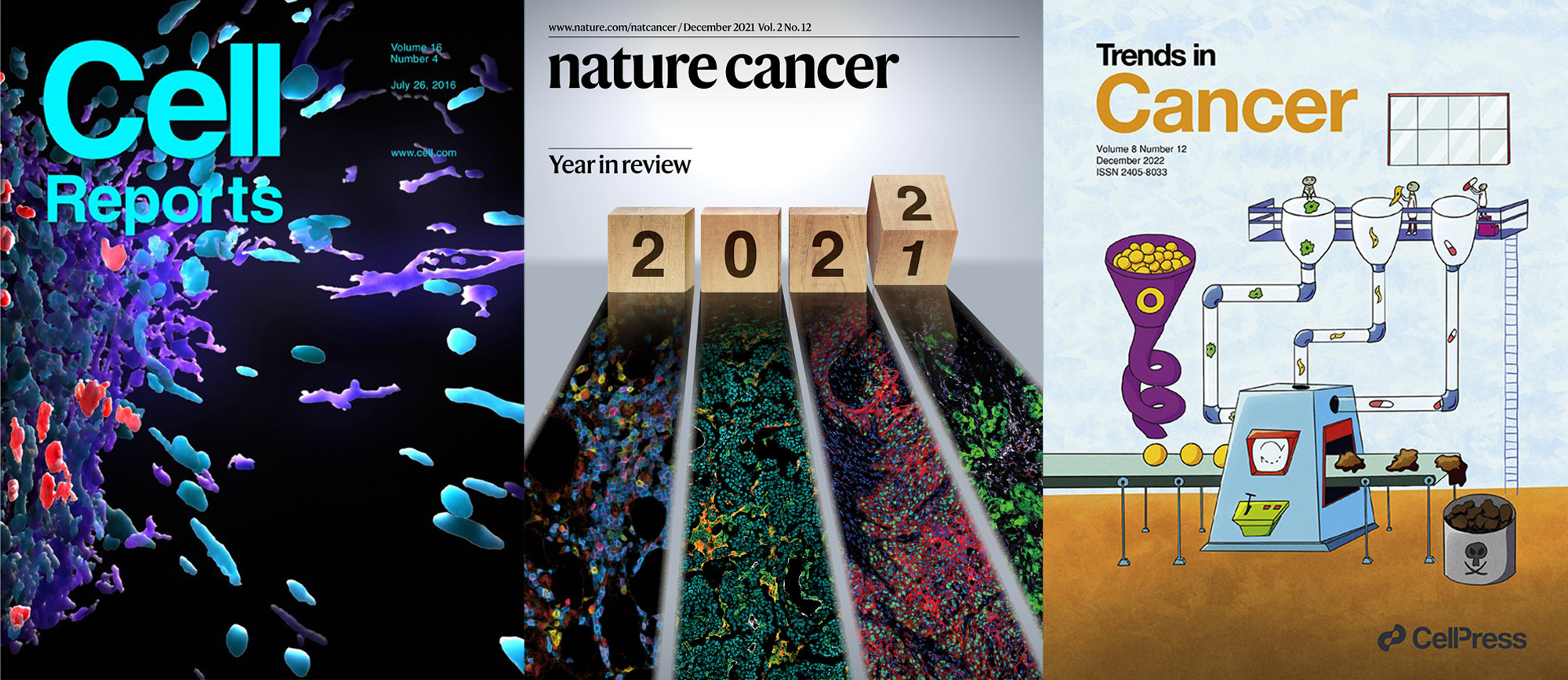
Funding
Group Achievements and Awards
- Laura Urbach was awarded a DAAD (German Academic Exchange Service) scholarship to attend a special AACR conference on pancreatic cancer in Boston, USA (2023)
- Lukas Klein was awarded a DAAD (German Academic Exchange Service) scholarship to attend a special AACR conference on pancreatic cancer in Boston, USA (2023)
- Very important publication award (Gö-VIP) for JCI Insight PMID: 35993361 (2022)
- Niklas Krebs has been awarded the DFG Clinician Scientist fellowship for conducting research abroad (host lab: Rama Khokha lab at Princess Margaret Cancer Center, Toronto, Canada) (2022)
- Best Medical Thesis Award to Niklas Krebs, UMG (2022)
- Poster Award to Luks Klein at CERFA cancer symposium (2021)
- Hans-Chiari’ Excellence Award for the scientific talk to Lukas Klein at Deutschen Pankreasclubs (DPC), Halle, Germany (2020)
- Best Poster Award’ to Niklas Krebs at Deutschen Pankreasclubs (DPC), Halle, Germany (2020)
- Travel Award’ to Niklas Krebs and Lukas Klein at Deutschen Pankreasclubs (DPC), Halle, Germany (2020)
- Best Poster Award’ to Niklas Krebs at European Association for Cancer Research (EACR), Berlin, Germany (2019)
- Mildred-Scheel Fellowship’ to Shiv K. Singh at 9th Mildred-Scheel Cancer Conference, Bonn, Germany (2019)
- Best Poster Prize’ to Niklas Krebs at Deutschen Pankreasclubs (DPC), Ulm, Germany (2018)
- Deutsche Gesellschaft für Gastroenterologie, Verdauungs- und Stoffwechselkrankheiten (DGVS) MD Research Fellowship to Niklas Krebs (2019)
Team
Principal Investigator
Shiv K. Singh, Ph.D.
e-mail address: shiv.singh(at)med.uni-goettingen.de
Team Members:
Dr. rer. nat. Mengyu Tu (Postdoc)
Dr. med. Niklas Krebs (Research Fellow)
Lukas Klein (PhD student)
Laura Urbach (PhD student)
Xueyen Wu (PhD student)
Rebecca Samuel (PhD student)
Paul Stenke (MD Student)
Nava Veeradinesh (MD Student)
Research Assistant
Frederike Penz - BTA
Alumni
Ekta Sidhu
Marcel Romey
Çezarela Hoxha
William Tan
Clarissa Lohmann
Leona Schüürhuis
Henrike Hasecke
